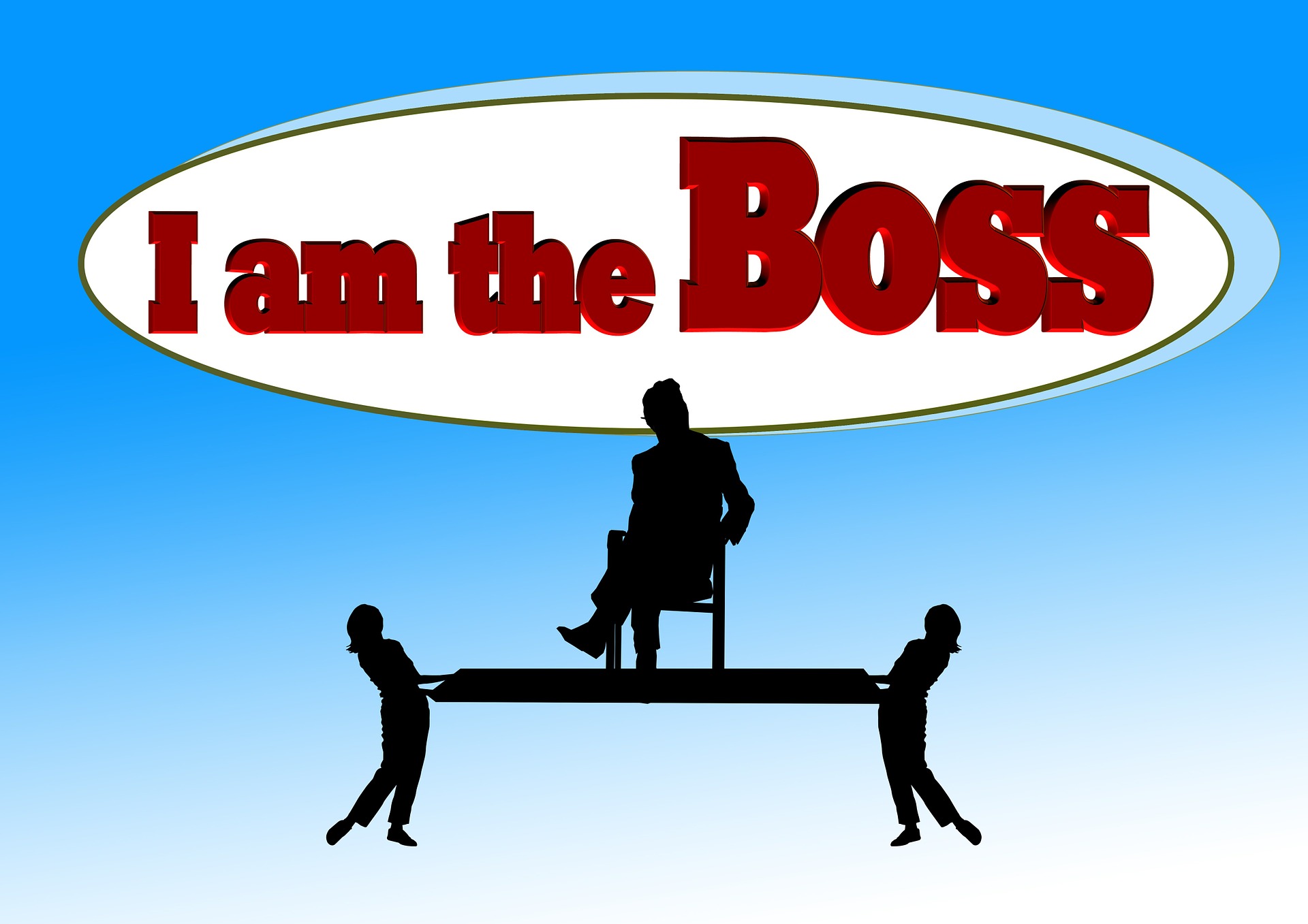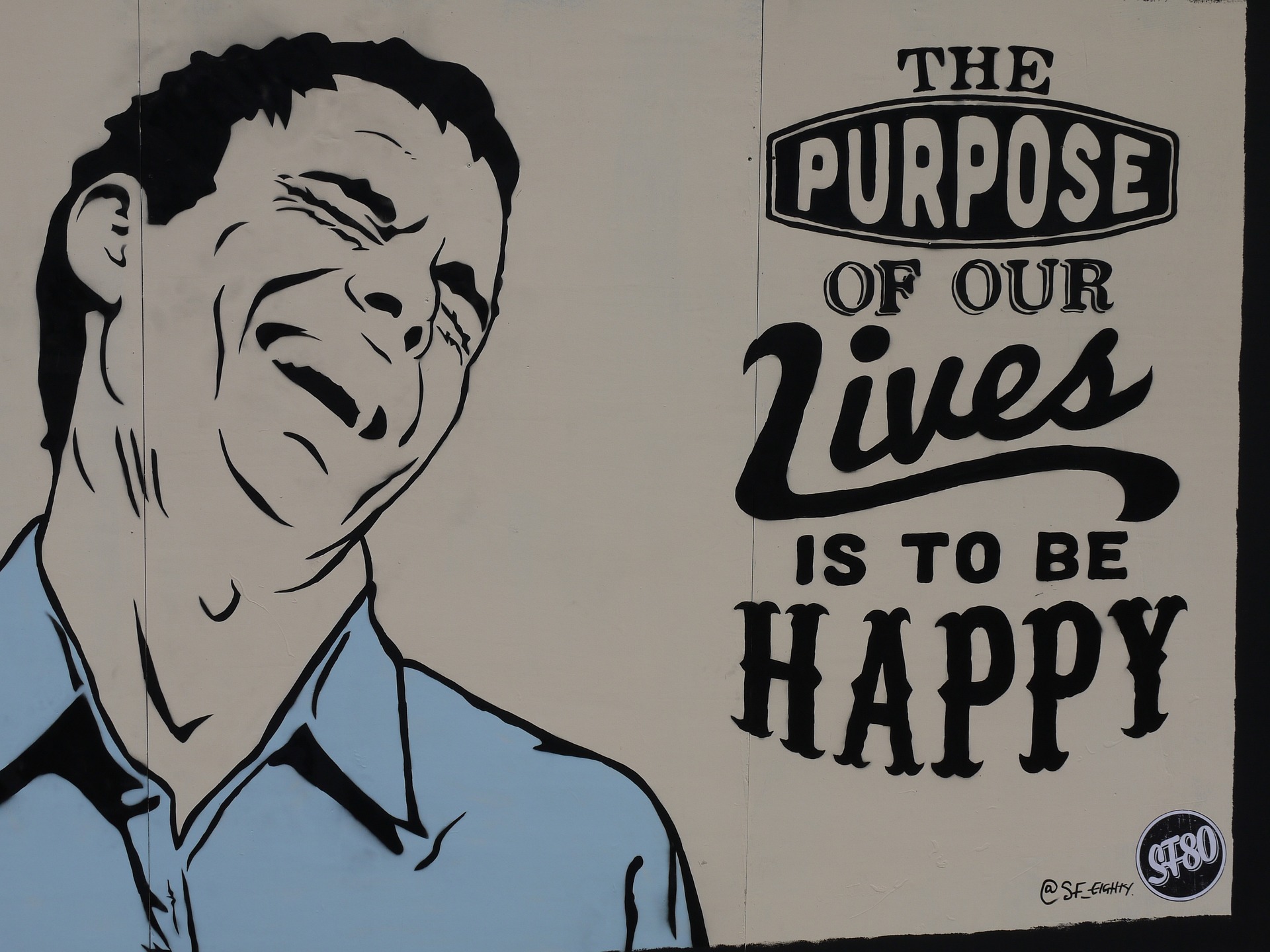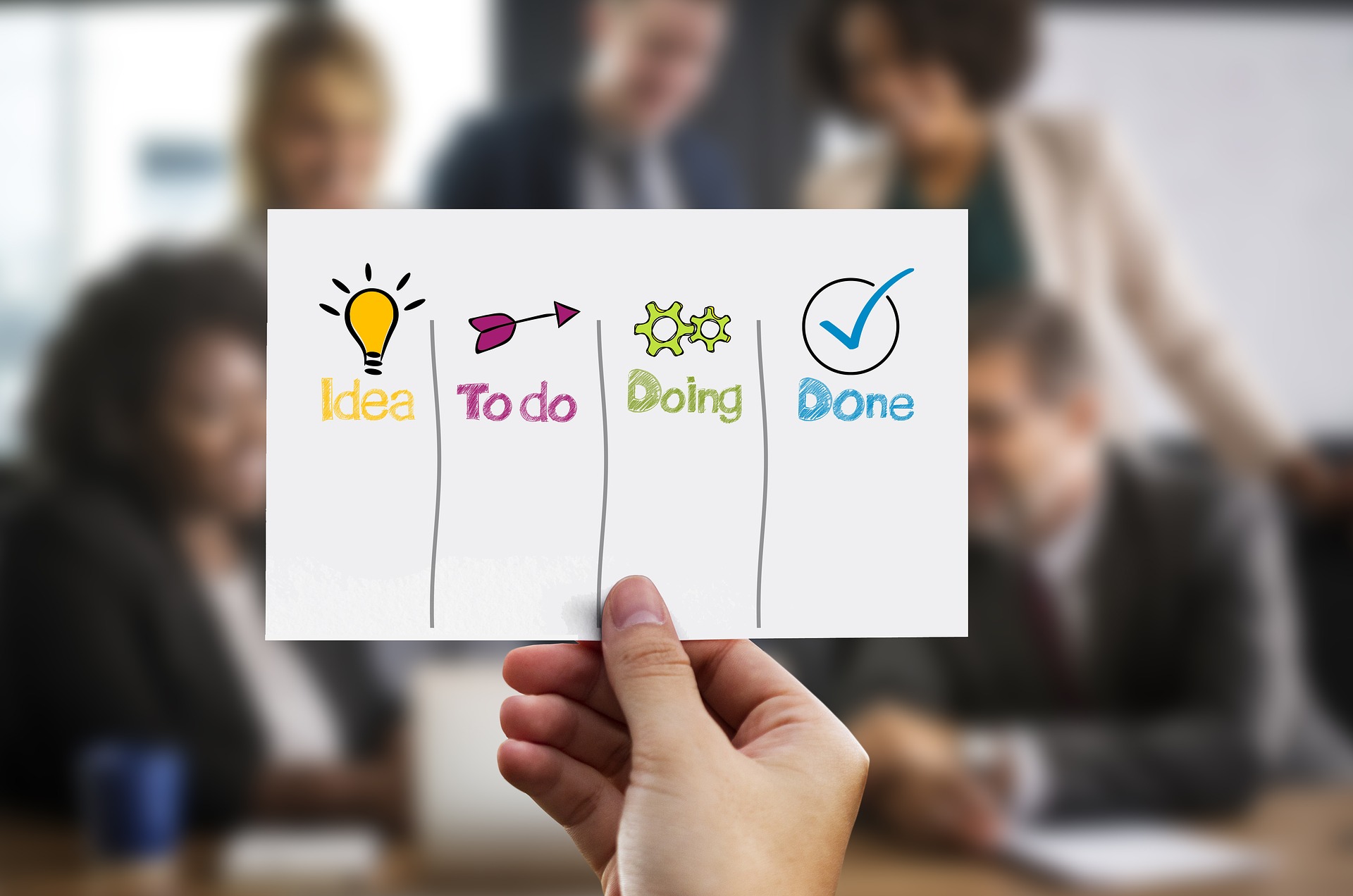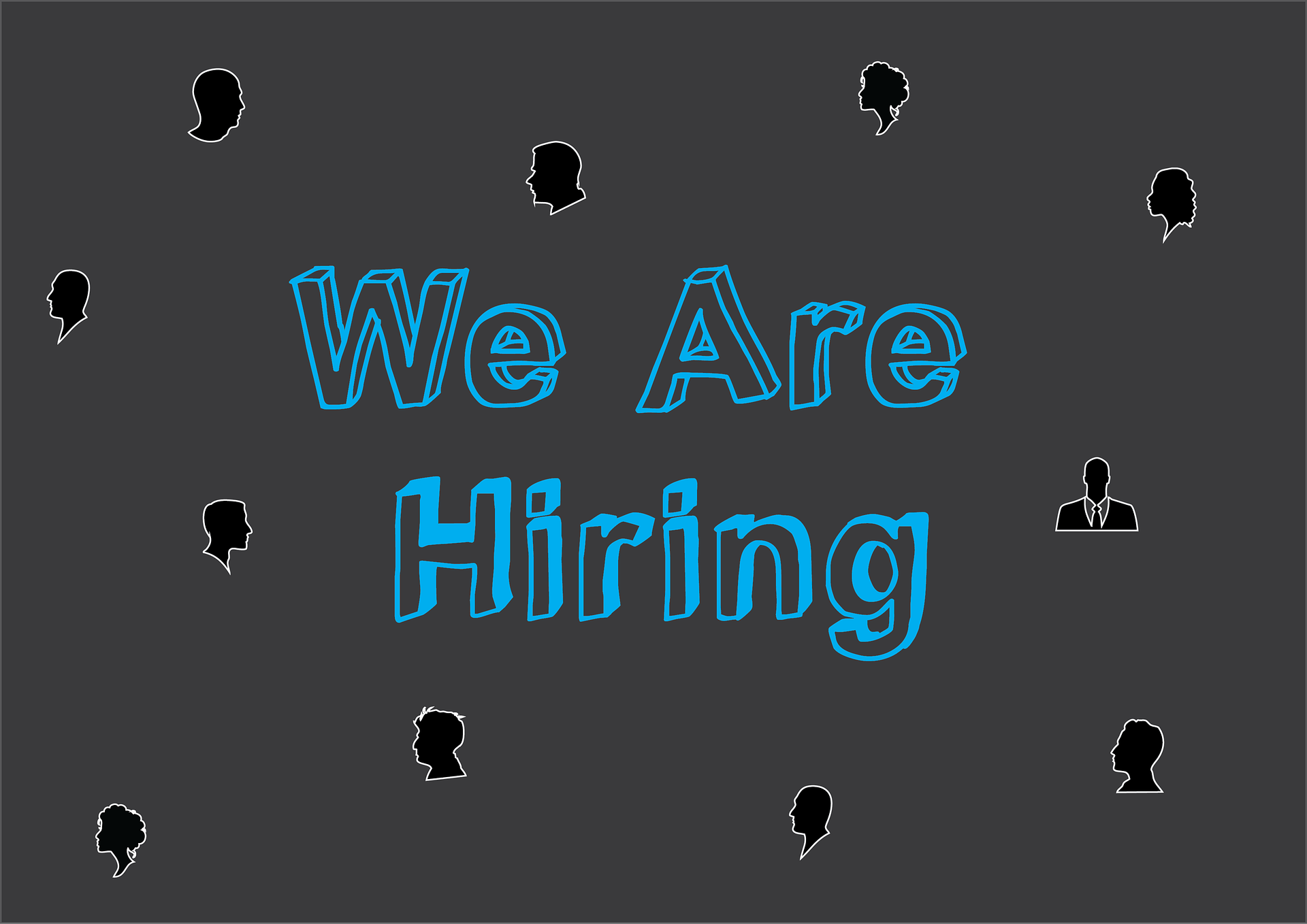
How to make the right impression in the all-important first and last minutes of a job interview…even during Covid
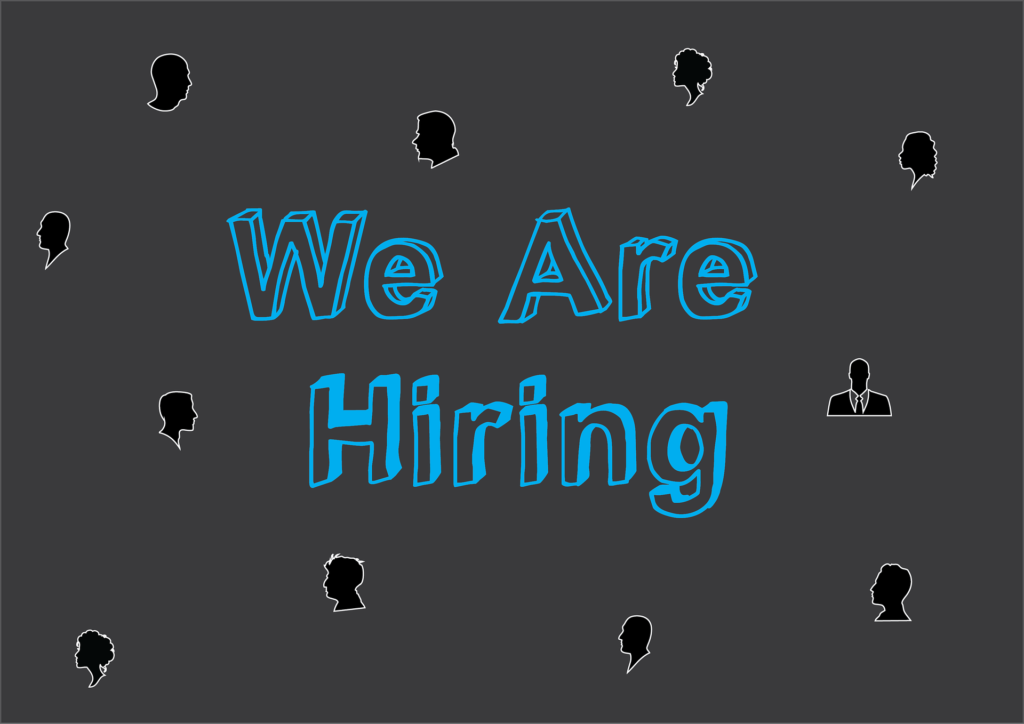
- First and last impressions can count heavily in job interviews
- You should have a positive mindset
- Employment experts give their tips on how to make a lasting impression
First impressions count. That is a mantra we hear throughout our lives and especially when it comes to job interviews.
For this reason, it is easy to stumble, clam up or act unnaturally when first meeting a potential boss or employer – and it could make or break your chances of bagging the role.
Let’s take a look at solid ways to making an excellent impression within the first minute of a job interview – and also how to do the same in the last 60 seconds.
Why first and last impressions matter
Mark Staniland, regional managing director of recruiter Hays, says you only have a limited amount of time within your interview to present yourself as best you can – and even less time to make a good first impression.
Meanwhile jobs guru James Innes says interviewers can reach a decision about a candidate quickly, so you must make sure that you come across as if you really want the job.
He adds: ‘Make a poor first impression and you might not be able to recover from it. Remember: you never get a second chance to make a first impression.’
The pair give This is Money their best tips to ensure you are doing all you can inside 60 seconds to make sure the interviewer will make you their number one candidate.
Beforehand – be positive and prepare
Mark says that it’s natural to feel nervous beforehand, so it’s important that you remain positive.
Having a positive mindset often starts before you make it to the interview.
Allow yourself plenty of time to get ready, dress professionally and make sure you are clear on the basic information, such as the name of the interviewer.
Ideally, you should research your interviewer and the company before you meet them to put a face to the name.
Look up their career history, and remember that they were once in your shoes, preparing for an interview.
When you arrive or on Zoom
James says that interviewees are on show from the moment they arrive at the employer’s premises.
Your interview starts immediately – so try not to look like you’ve just arrived for your own execution.
Walk confidently into the building, smile at the receptionist, introduce yourself and explain who it is that you’ve come to see and why.
He adds that it’s always worth being as nice as pie with receptionists – they can have a surprising amount of influence in an organisation, not least because they know absolutely everyone.
While waiting, sit down, relax and compose yourself.
Mark also says that often the interviewer will ask receptionists of their first impression and while they won’t base their final decision on this, it will certainly work in your favour if you come across well.
If your interview is over the internet, remember to keep your background plain. If the room you are in has no plain background, look for a corner where you can sit and create that small plain background. Or choose a plain background from the device you are using.
The first 60 seconds
Greet your interviewer with a handshake and a positive smile, and if you have a walk to the interview room, it’s advisable to make appropriate small talk to begin to build up a rapport, Mark says.
Or if over the internet, make sure you can see your head, shoulder and a bit below your shoulder. Practice on how you will look on your device before hand
Safe topics include your journey in, or even the great British weather, adds James, but don’t let your nerves trick you into babbling.
An interviewer is much more likely to look favourably on a candidate with whom they feel they have developed a rapport, so try to be friendly without being overly familiar.
Mark says once in the room, remember to smile, make eye contact and sit up straight.
If you can project confidence in those initial moments you will soon start to feel more self-assured and your confidence will shine through.
A top tip from Mark is that if offered a drink, accept it, as this can help and can be used as a prop to perhaps give you some time to answer a difficult question.
Answer questions honestly and clearly, as you need to give your interviewer enough insight into your character and whether you will fit in well with the team.
If you don’t display a level of enthusiasm, even within the first initial minute, the interviewer will begin to find it difficult to imagine you being energetic and proactive once you begin work.
Ultimately, if you are confident, well prepared, have the right skills, qualifications and experience, and are very clear about the value you’ll bring to a business, you will make a compelling case for being offered the job.
To stand out, always try and convey how you will bring success to an organisation – and how you can work collaboratively alongside others, Mark adds.
If conducting your interview from home, you can write things you would like to talk about on the laptop or computer. You will be able to see them, as you respond to questions being asked of you.
And since you are at home, you could also hand write what you want to say and place them where you can see them during the interview.
Try not to be seen to be reading your responses, so practice well before-hand.
The last 60 seconds
While a good first impression is vital, how you end your interview is particularly important as you want to be sure you’ve presented exactly why you are the right person for the job.
James says that at the end of the interview you will normally be escorted to the exit. Give the interviewer a final handshake, smile and leave with your head held high.
You are on show from the moment you arrive and you remain on show until you are right out of sight. The same goes from once you are on screen when conducting an internet interview.
If the stress of it was all too much for you, don’t immediately get your cigarettes out of your pocket and light up the moment you’re out of the door – and if you think you’ve done well then don’t perform a victory dance on the pavement.
Avoid screeching excitedly at someone on your mobile phone. Basically, don’t do anything except get yourself away and out of sight as quickly and quietly as possible.
Mark adds that many often underestimate the importance of ending their interviews on a positive note, and thus leaving a lasting impression.
Let your interviewer know that you are interested in the position: It may seem like a simple aspect, however don’t underestimate the power of letting your interviewer know this and why.
You can practice this beforehand, so you can adapt what you say based on what the interviewer might have discussed with you.
By bringing up a particular aspect of the role that sounded challenging, or how they described the company culture demonstrates that you listened and engaged throughout.
Don’t save all your questions until the end: If something seems relevant and important during an interview, and you’d like to find out more, then ask about it there and then.
One way to do this is to try summarising or paraphrasing something your interviewer has said, and repeat it back to them in a question form, which again shows you are paying attention.
Ensure you know the next steps
Once you reach the end of the interview, clarify what you understand to be the next steps, and take note. If you need something clarified, do ask.
By having the initiative to ask this, you are not only showing that you are an organised and assertive individual, but you are also making yourself aware of when to expect to hear back.


